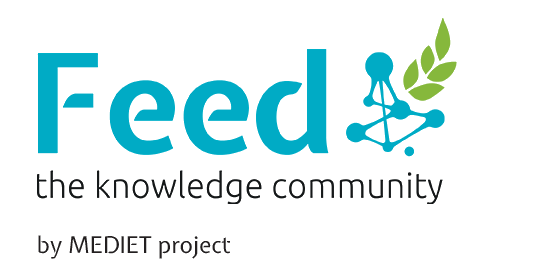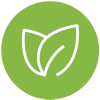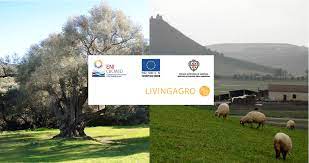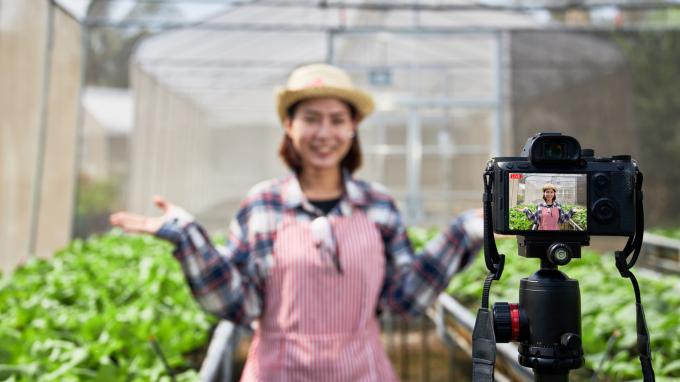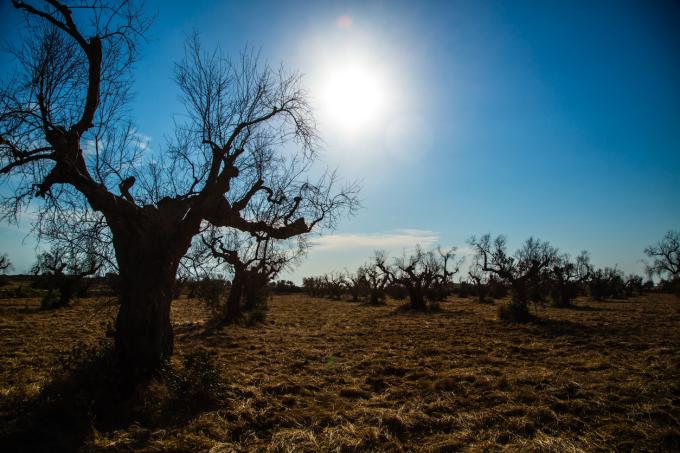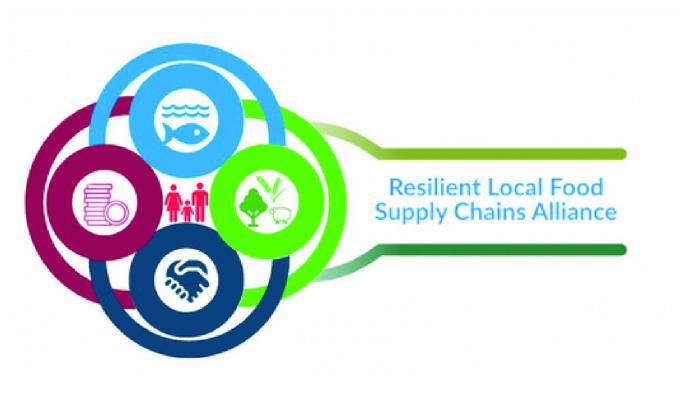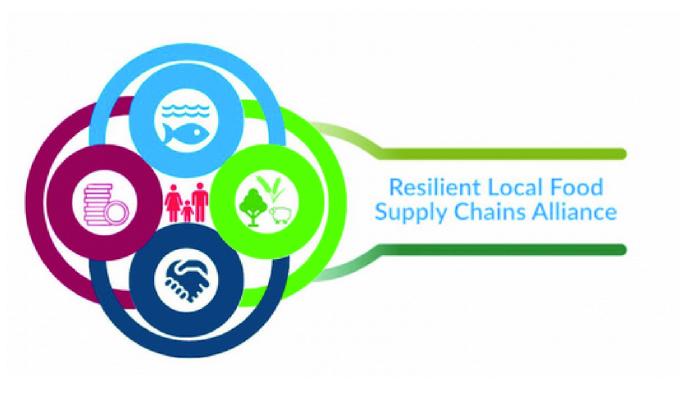Period
2017 - in progress
In Montenegro, the honey industry faces challenges due to concerns about unregulated production, which jeopardizes both market prices and food safety. Recognizing the need for traceability, the National Food Traceability Programme, led by EIP-Agri, is deploying innovative technology to empower honey producers and consumers. Through collaboration with agricultural institutions, data agencies, and beekeepers, an online database provides transparent information on every jar of honey, ensuring quality control and highlighting local producers. This initiative, supported by EIP-AGRI, is in line with EU goals for sustainable agriculture and resource management. By integrating ICT and sensor-based technologies, it enhances data collection and supports policy development. Beekeepers benefit from the valorization of their land and biodiversity, while consumers gain access to nutritional information and support for innovative, productive practices. The process, facilitated by EIP-AGRI's participatory approach, fosters dialogue among stakeholders and leverages scientific data for quality assurance. Through independent quality control and QR code labelling, consumers can trace the origin and production details of honey, promoting transparency and trust. This transformative system sets a precedent for the integration of IT in the agri-food sector, driving innovation and sustainability.
You must be registered to see all the content
Identification needs
Food traceability from honey products is essential to valorize the typical honey value chain, adding innovative technology for honey producers and consumers in Montenegro. The country has all the natural conditions for high-quality honey production, considering the favourable climate, rich biodiversity, and a semi-nomadic way of beekeeping that gives bees access to a wide range of Mediterranean herbs. Lower and, in some cases, dangerous quality of honey from unregulated production, both domestic and non-domestic (imported), is a significant concern for the growing honey industry because it undercuts market prices and may cause concerns with food safety&quality. To safeguard and promote quality products from domestic honey producers, the National Food Traceability Programme in Montenegro, a non-profit organization comprised of IT companies whose main business activities are the development of e-gov applications and cross-industry services, is developing an IT-based system that gives consumers full transparency about the honey they are buying.
Stakeholder change
The stakeholders involved and active in the changing process are the representative institutions for agriculture, the business agencies that work with data collection, laboratories for food analysis, and beekeepers from Montenegro. The cooperation among the Montenegrin IT cluster, data collection companies, the national beekeepers’ associations (Savez pčelarskih organizacija Crne Gore) and the Ministry of Agriculture and Rural Development (Ministarstvo poljoprivrede i ruralnog razvoja), partner Jugodata a business consultancy, has developed an online database that gives access to reliable information on every jar of honey that is produced in the programme. The scope of interest of these stakeholders has changed, considering the appeal generated by the implementation of a controlled honey production system in the country, able to guarantee a safer quality control system that highlights local producers and their production.
Change triggered
AgrInnovation projects support innovative agricultural practices, in this case the agricultural European Innovation Partnership (EIP-AGRI) contributes to «ensure a steady supply of food, feed and biomaterials, developing its work in harmony with the essential natural resources on which farming depends» in the honey sector. ICT and sensor-based technologies increase the amount of data collected in agriculture, particularly in the processing stages of goods, offering significant backup for potential investment in the sector. DG AGRI EIP-AGRI's goal is to support policy for data acquisition to enhance productivity and sustainability in the wide agri-food chain. In the long run, beekeepers from Montenegro will be able to valorize their land and biodiversity as originality proof present in their honey quality, flavour and history. In the medium term, the traced honey will be more recognizable to consumers providing data on its nutritional value. Information for consumers is becoming more and more critical, firstly for health and secondly to support specific areas of production and innovative, productive ways.
Short description
The dialogue between the stakeholders mentioned above was initiated by the European Union, thanks to the EIP-AGRI projects that adopt a participatory approach with the local actors such as farmers, advisers, researchers, businesses, NGOs and others in agriculture and forestry. Together they form an EU-wide EIP network, Operational Groups, Multi-actor projects and Thematic Networks. EIP-AGRI Operational Groups are project-based and tackle the honey traceability problem. The Operational Group approach makes the best use of different types of knowledge (practical, scientific, technical, organisational, etc.) interactively. The project benefits from scientific data through independent quality controls, and subsequently beekeepers will receive a unique QR code that can be printed and placed on honey jars where consumers can scan this code with their smartphones and access the central website, with details about the beekeeper, the queen bee and the variety of honey that is produced. It also gives information about the beehive, its GPS position, and the weather conditions at the beehive location. «We are developing a national grid of micro weather stations, and data collection software in cooperation with the Institute of Hydrometeorology and Seismology, and the Biotechnical Institute of the University of Montenegro. The collected data will be useful for beekeepers, but also for advisory services that deal with orchards, viticulture and olive growing. In any case, "the system can be a motivation for a more frequent use of IT and sensor-based technologies in the agri-food sector" states the project coordinator Aleksandar Prelevic.
